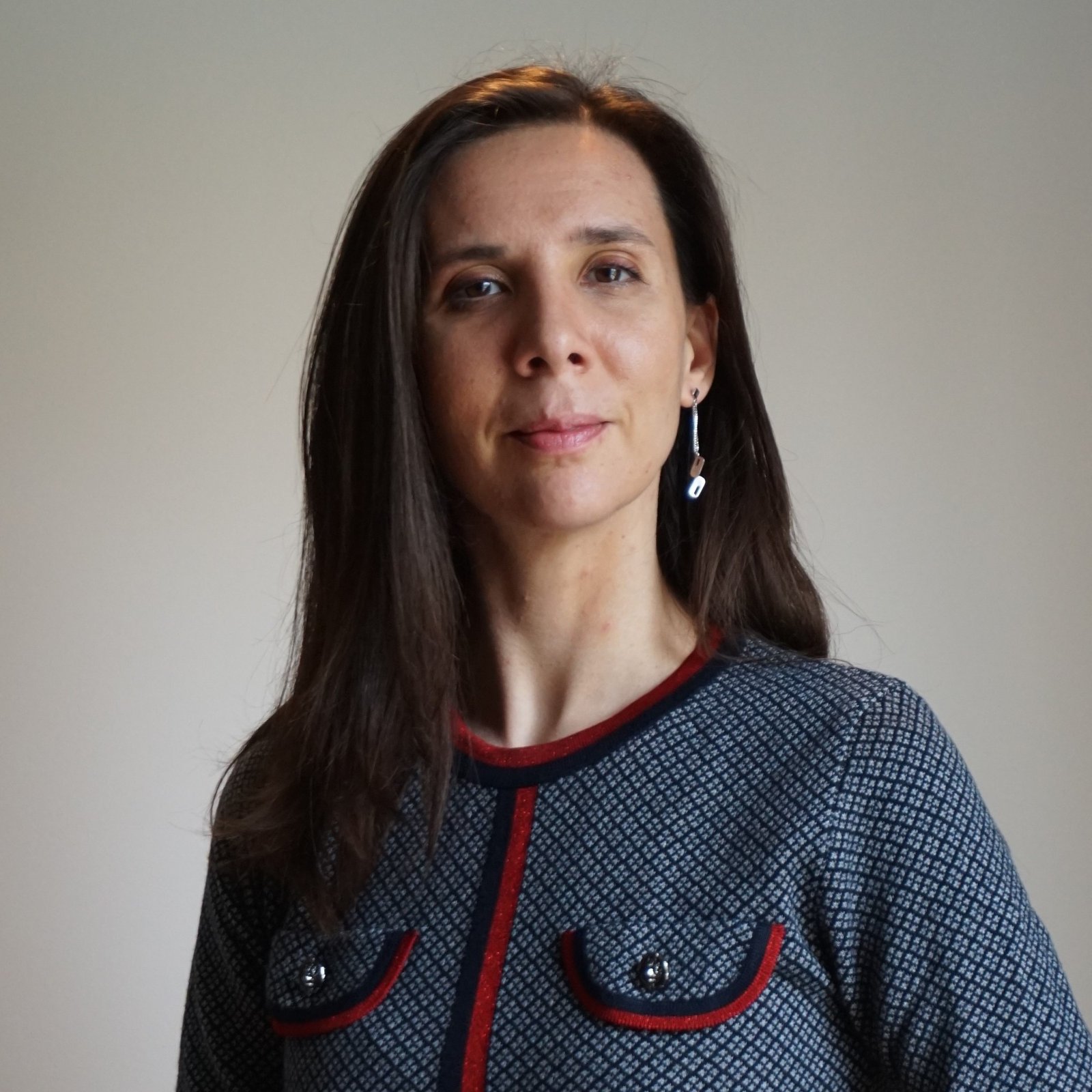Ana Margarida Luís de Sousa
Doctoral Researcher
CERENA Research Centre @ Instituto Superior Técnico

Ana has a strong background in Engineering, encompassing several aspects of energy production and spanning a Master in Civil Engineering with specialization in Water Resources, a Master in Mechanical Engineering, with specialization in Energy and a Master in Petroleum Engineering. She also managed to specialize in specific topics in the energy field, including two post-graduation courses in Hydrogen and Fuel Cell Technology, as well as the ongoing PhD in Petroleum Engineering. Her professional career, which started in 2006, is particularly multifaceted, complemented by Research and Practice. The first includes studies in the field of hydraulics, several emerging problems in the exploration of hydrocarbons and the study of biomass with focus on its better employment in the energy generation in biorefineries. From the second one can highlight the design and project management of water use for energy generation, as well as several technical-economic studies in the fields of Energy Policies & Strategies and Energy Business & Markets. Ana’s award-winning works include a Society of Petroleum Engineers’ prize for her research on emulsions viscosity and a Portuguese Institution of Engineers Innovation award for her work to leverage Energy Transition by enabling the conversion of oil offshore platforms to wind farms.
Instituto Superior Técnico (IST), from University of Lisbon, aims to contribute to the development of society, promoting excellence in higher education, in the fields of Architecture, Engineering, Science and Technology by developing Research, Development and Innovation (RD&I) activities. IST offers over 80 academic programmes and has approximately 11.500 students enrolled and a total of 870 faculty and researchers. Centre for Natural Resources and the Environment (CERENA) is one of the IST's research centres. CERENA's mission is to develop research at the highest level of excellence related to the sustainable use of natural resources, including energy, as well as their impact on the environment. CERENA uses an approach that is simultaneously integrative, multidisciplinary and multi-scale, from the molecular level to the planetary scale, where researchers from different scientific fields - earth, chemical and material engineering - converge towards the same objectives.




_368_520_s_c1_c_c.png)





